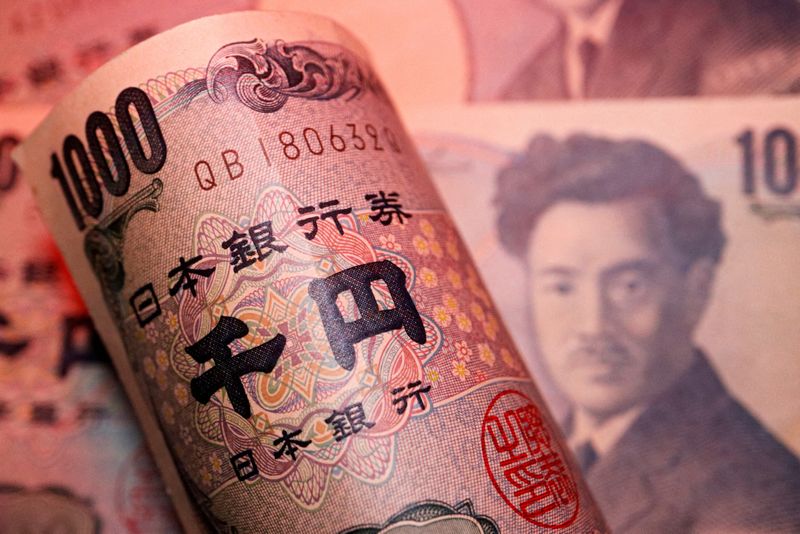TOKYO (Reuters) – Japan on Friday affirmed its pledge to deliver a primary budget surplus by the next fiscal year, reflecting concerns that its exit from the ultra low interest rate environment could boost government debt burden.
The renewed commitment to the target was included in Japan’s annual economic and fiscal policy guidelines, which were approved at Friday’s Cabinet meeting. The government also said it would continue to try to lower the ratio of debt to gross domestic product.
Fixing tattered public finances has emerged as a more imminent task for Japan as its central bank in March ended eight years of negative interest rates and other unconventional policy measures that had kept borrowing costs ultra low.
Japan’s public debt stands at more than twice the size of its economy, by far the biggest among industrialised economies. The primary budget balance, which excludes new bond sales and debt-servicing costs, is a key gauge of how much policy measures can be financed without issuing debt.
But economists say the target, which has been pushed back several times in the past, would be hard to achieve when the government plans to spend big on childcare support and to double a national military outlay.
The government itself estimated in January the primary balance would be at a deficit of 1.1 trillion yen ($7.44 billion) in the fiscal year ending in March 2026, although it noted that a surplus could “come into sight” if efforts to streamline spending continue.

“The government should change the goal to a more realistic one and then present specific measures to achieve that target,” Nomura Research Institute Executive Economist Takahide Kiuchi said. “The government would need specific measures to contain social welfare spending and to spur economic growth.”
Japan first set itself the goal of a primary budget surplus in the early 2000s but target dates have been pushed back several times.
To read the full article, Click Here

